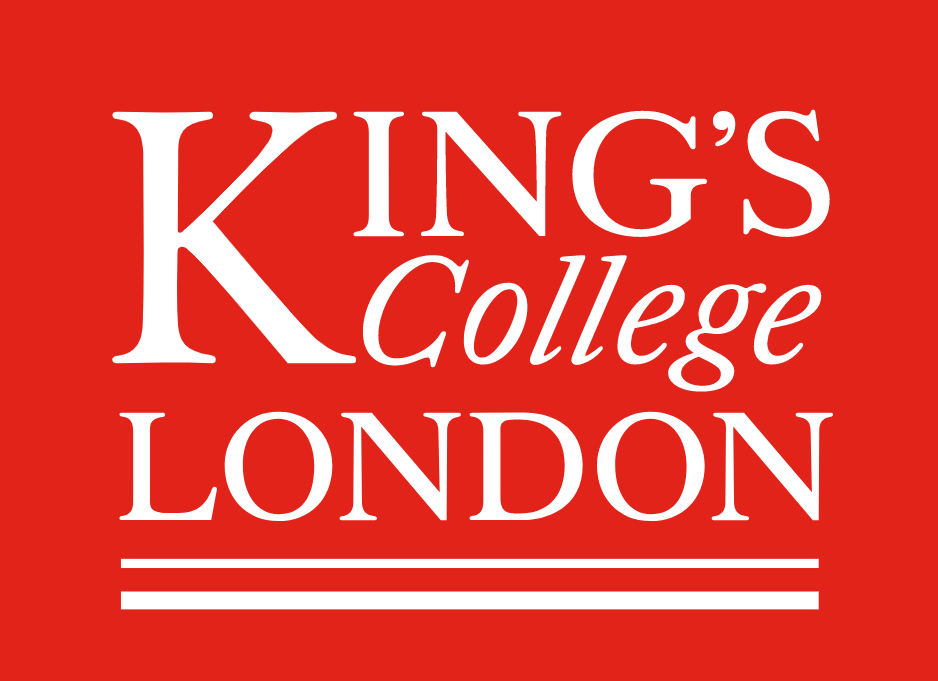This module provides advanced training over five days on the principles of drug safety assessment (pharmacovigilance, PV), pharmacoepidemiology (PEp) and pharmacoeconomics (PEc) applied during the development and marketing of medicines.

Course overview
Pharmaceutical Medicine Non-Award (Part-time): Module Code 7MCS0016
This module provides advanced training over five days on the principles of drug safety assessment (pharmacovigilance, PV), pharmacoepidemiology (PEp) and pharmacoeconomics (PEc) applied during the development and marketing of medicines.
Students will be exposed to the techniques used to acquire, assess and analyse safety information as well as the principles of PEp applied to product safety assessment and PEc approaches to support an evaluation of cost benefit of the medicine when used in practice.
Completion of this module will enable learners to take an active role in multidisciplinary PV and health economics teams. Key topics include: foundations in assessing drug risks and safety; managing risk; Pep and real-world PEp studies; an introduction to PEc, and future directions in PV, PEp and PEc.
You will take part in interactive sessions to understand topics including relative risk evaluation and mitigation in clinical trials, how to prepare case narratives and causality assessments for PV review, use ‘big data’ for drug safety signal detection, evaluate the design of PEp and PEc studies, prepare a protocol, analyse study results and learn how to present study results through both verbal and written presentations.
What does this course cover?
Advanced training in the principles of PV, PEp and PEc that are utilised across the product lifecyle.
Provides an in depth understanding of the practical issues associated with PV and PEp studies according to current regulatory guidelines.
Instills an in-depth understanding of risk management planning, evaluation of risks and risk mitigation during clinical trials, analysis and reporting of adverse event data, and critical appraisal of PV and PEp study designs.
Enables students to develop a clear, articulate, and unbiased approach to the interpretation and assessment of data generated during drug development and from real world evidence.
Enables students to develop methods to effectively disseminate information through both verbal presentations and the generation of written reports.
What will I achieve?
By the end of this module students will be able to:
Analyse and report adverse event data from clinical trials and from real-world evidence.
Critically appraise plans for clinical safety signal detection from spontaneous adverse event data and determine whether there is enough information to inform clinical decisions in practice.
Use a range of national and international standards and regulations to design effective safety data collection and reporting strategies (Good PV and PEp Practice).
Review the strengths and weaknesses of different methodologies used to generate PEp evidence.
Employ PV and PEp skills, including statistical methodologies, to strategically evaluate a drug product and produce a risk management plan.
Evaluate the impact of PEc on the health technology assessments and payor decision making.
Who is this for?
Minimum entry requirements are either a medical degree (such as an MBBS) or a 2:1 first degree in pharmacy, pharmacology, biology, biochemistry, chemistry or related subject.
The course will suit individuals seeking to develop a practical understanding of drug safety and pharmacoepidemiology e.g. pharmaceutical physicians, scientists in R&D and medical affairs, and regulatory affairs personnel.
King’s College London is an internationally renowned university delivering exceptional education and world-leading research. We are dedicated to driving positive and sustainable change in society and realising our vision of making the world a better place.
Mission and vision
Through our commitment to exceptional education, impactful research and genuine service to society, we are creating positive change in our communities, both in London and on the world stage. Our Strategic Vision 2029 looks forward to our 200th anniversary in 2029 and sets out our ambitious plans in five key areas:
Educating the next generation of change-makers;
Challenging ideas and driving change through research;
Giving back to society through meaningful service;
Working with our local communities in London;
Fostering global citizens with an international perspective.
© 2025 coursetakers.com All Rights Reserved. Terms and Conditions of use | Privacy Policy